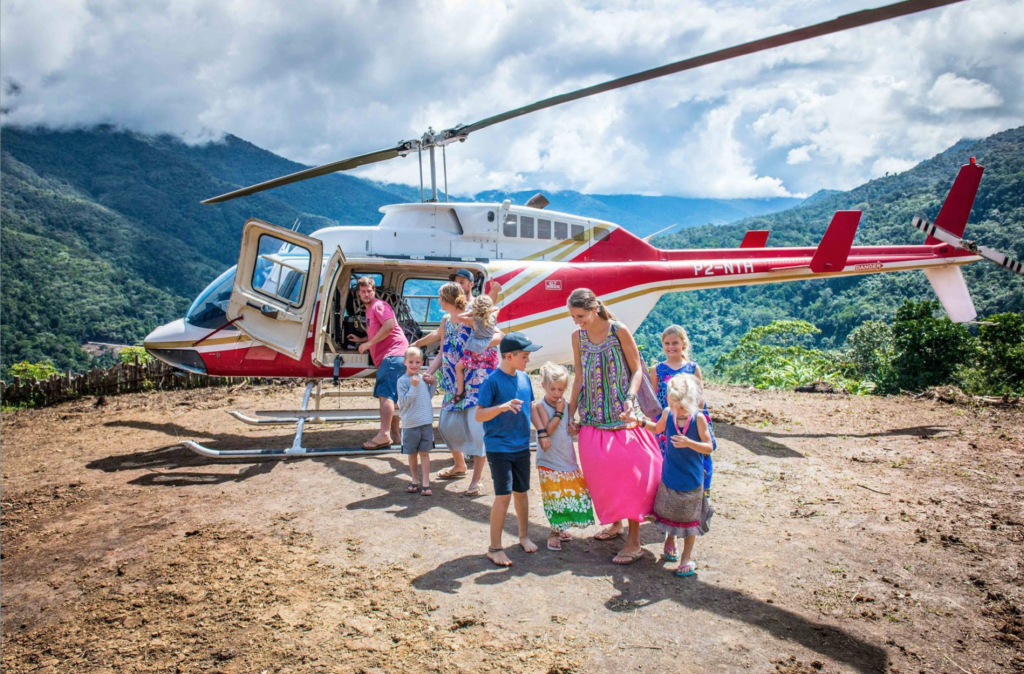Why MK Care?

What is an MK?
Most children love their time overseas. They call themselves an “MK,” which means “missionary kid,” and develop friendships that last a lifetime. Most learn a foreign language (or two!), become experienced world travelers, learn to appreciate a wide variety of foods and excel at geography!
MKs typically have Facebook friends from all over the world and understand time zones and airline schedules better than many adults. MKs aren’t always sure how to answer the question, “Where are you from?” but eventually find their own storyline and enjoy telling it.
MKs are a part of a culture known as “Third-Cultural Kids” (TCKs) – A third-culture kid is an individual who, having spent a significant part of their development years in a culture other than their parents’ home culture, develops a sense of relationship to all of the cultures, while not having full ownership in any. Elements from each culture are incorporated into the life experience, but the sense of belonging is in relationship to others of similar experience.” – David C. Pollock. Sometimes they need extra time to adjust to life back in the country that their parents call “home.” They tend to gravitate to peers who have a broader worldview and more life experiences than is typical for an average young person.
This can become a strength or even a lifelong ministry as they interpret the world around them with a heart for minorities and a global perspective. TCKs learn how to navigate cultures, even cultures they’ve never experienced before. Because of this, many TCKs are looked at by multinational companies as the “prototypical citizen of the 21st century!”
Families serving together

While many parents have some fears about taking their children overseas, most families have a very positive experience. Children typically have an easier time learning a foreign language than their parents because they are not afraid to make mistakes. Children are often icebreakers in new cultural situations. Everyone loves to talk about children!
Children can take part in their parents’ ministry as they make friends and learn the language and culture. Many times parents have reported struggling to learn a word or concept only to discover that their children knew it long ago!
Even before they can speak the language, the missionary family is a testimony for Christ. The interaction between family members, their values and how they treat their neighbors speak volumes to the people of the host culture, and these interpersonal interactions lay a foundation for the future indigenous church.
From praying, to witnessing, to playing with their friends, children have a vital role in church planting.

